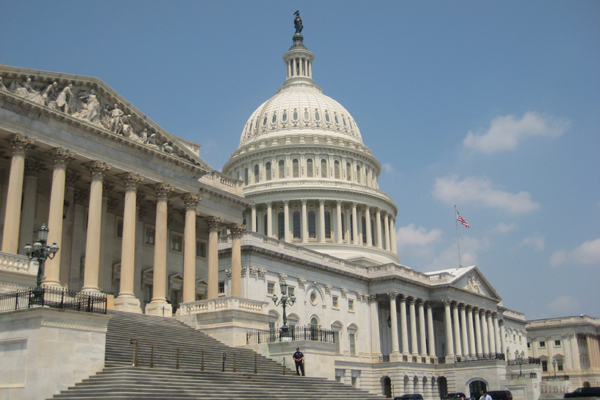
The federal government should take a balanced approach to surprise medical bills that includes commercially reasonable upfront payments and independent arbitration, the Texas Medical Association and many other medical societies are telling key members of Congress.
TMA, the American Medical Association (AMA), and 109 other state medical societies and national specialty societies wrote to leadership in both chambers of Congress to offer medicine’s take on the current debate in Washington over surprise billing.
Congress is considering several competing measures that would take the patient out of the middle of haggling between physicians and insurers over out-of-network bills. Those measures, however, include government rate-setting language that medicine believes would give health plans too much power to determine physician payments.
“After ensuring that patients are protected, it is essential that any legislation does not create new imbalances in the private health care marketplace,” the identical letters to House and Senate leaders said. “The health insurance market is already heavily consolidated, which can result in artificially low payment rates and anticompetitive harms to both consumers and providers of care. We are highly concerned that the rate-setting provisions in current bills further shift marketplace leverage to health insurers at the expense of providers. As a consequence, this imbalance will likely lead to access problems for patients seeking hospital-based care from on-call specialists, as well as precipitate staffing shortages in rural areas and other underserved communities.”
In the letters, medicine advocates for independent dispute resolution (IDR), an arbitration process that would “incentivize health insurers to make a fair initial offer of payment for out-of-network care … while also preventing bills from physicians or other providers that are outside generally acceptable ranges.”
IDR also should encourage health plans and practitioners to contract for in-network care, the letter adds. It cites IDR’s success as part of New York’s system, which that state’s Department of Financial Services says has saved New York more than $400 million in emergency services and reduced out-of-network billing by 34%.
The current version of HR 3630 – the No Surprises Act by Reps. Frank Pallone (D-N.J.) and Greg Walden (R-Ore.) – includes independent arbitration for bills with a median in-network rate greater than $1,250.
“The IDR process should be structured so that a range of factors is considered in determining a mutually fair payment – such as the complexity of the service rendered, the experience of the physician providing the service, the rate that physicians or other providers charge for the service in a geographic area, and commercial insurance data from an independent and transparent source,” medicine’s letters said.
The letters also call for Congress to hold insurers accountable “for addressing their own contributions to the problem,” saying surprise-billing legislation should include strong and enforceable network adequacy requirements.
TMA has been fighting hard this year to ensure that HR 3630, along with a similar Senate bill, takes the patient out of the middle of out-of-network payment disputes but doesn’t give health insurance companies complete control over what they pay out-of-network physicians.
As part of that effort, you are encouraged to contact your U.S. representative and senators to support the Protecting People from Surprise Medical Bills Act, sponsored by Congressmen Raul Ruiz (D-Calif.) and Phil Roe, MD (R-Tenn.), which is based on the New York model.